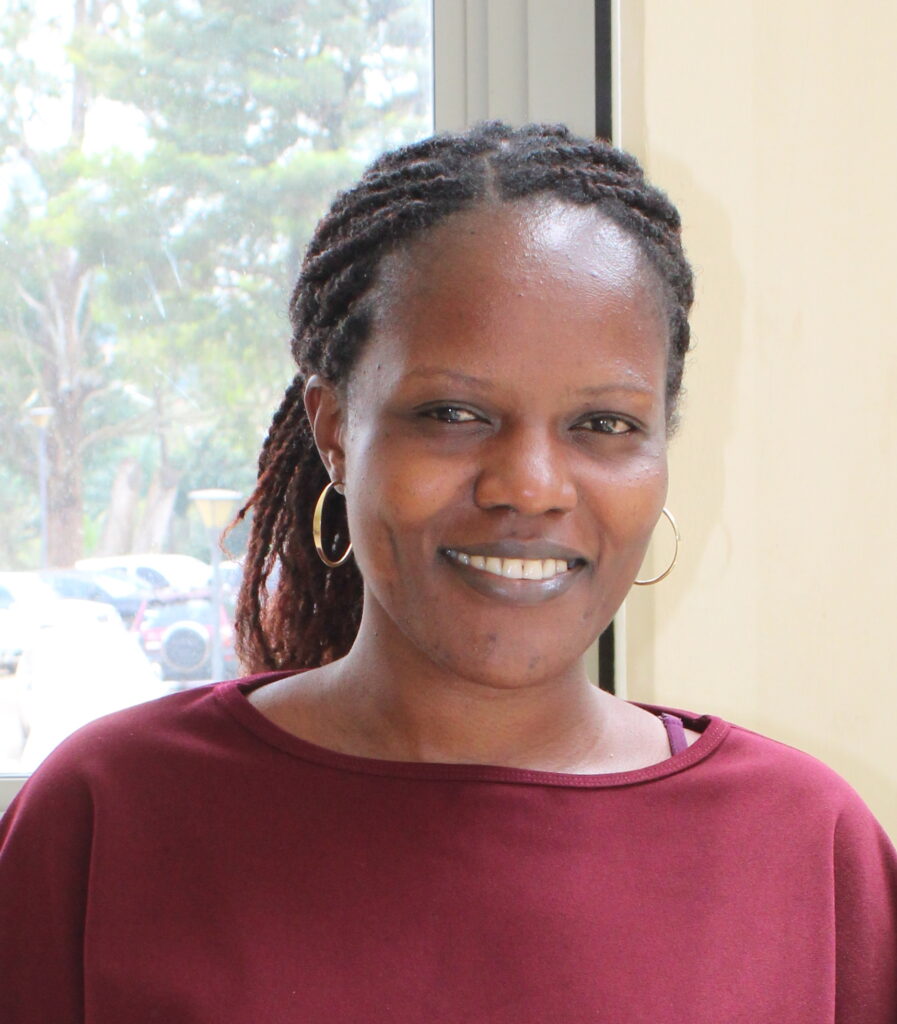Education experiences of slum communities in COVID-19.

Daniel Magumba
- January 24, 2021
The continued spread of COVID-19 has virtually brought most service sectors to a grinding halt. The Education sector is one of those sectors which, inevitably, have had to greatly slow down. With over 290.5 million learners affected by school closures across the world, the threat of a drastic decline in learning outcomes forced nations to improvise ways of ensuring that learning continues. In Uganda, the Ministry of Education and Sports (MoES) came up with an Education Preparedness and Response Plan (EPRP) to guide this distance learning initiative; with the hope that the learners would be able to study from their homes supported by their parents. Under this Plan, learning materials would be provided to learners through the leadership at community level. Lessons would also be broadcasted live on television and radio to supplement the content in the printed learning materials. Learning would also be accessed online in keeping with the present digital era.
An assessment of the extent to which the EPRP’s distance learning initiative achieved its intended was undertaken in a Nested Study under the ALERTs Study conducted in the slum communities of Kabalagala-Kataba and Ki-Mombasa Bwaise located within the Kampala Central Business District.
Overall the findings of this nested study are showing that these slum communities had not benefited much from the distance learning programme at primary school level. Only 20% of the learners had accessed printed learning materials sent from MoES and the high poverty levels in these communities make it impossible for households to afford a television or radio, which disadvantages learners’ access to lesson broadcasts. Less than 10% of the learners accessed the broadcasts and the online option of learning is hardly feasible for learners of whom 10% have access to a mobile phone or computer.
Parental participation and supervision were also severely constrained at less than 5% due to a number of factors – including illiteracy and the need to eke a living. The biting economic conditions, worsened by the lockdown, made the search for a livelihood the primary focus for residents in these communities who predominantly earn from the informal sector. Learning amidst such livelihood challenges was hardly possible and only 20% of the learners at primary school level got involved in the distance learning programme. The lack of meaningful local participation in the rollout of this programme, coupled with slum environmental challenges including sexual and gender-based violence, crime, drug and alcohol abuse significantly contributed to the low involvement of the learners and their caregivers.
Distance learning continues, but children from slum communities remain unable to tap into its benefits. One of the key recommendations from this study is that the conceptualisation and implementation of the learning continuity programme should be done with adequate community participation in order for it to fit the local context in the slums. Government would also need to provide radios to households in these low-income communities to ensure access to lesson broadcasts – these were promised sometime back and would greatly support learning if availed. Parents, caregivers and local leaders would also need to be engaged, sensitised about the programme and supported to enable their active participation in monitoring their childrens’ involvement in the learning. Some aspects of the programme could be made school-based and involve schools within the community since they have necessary data pertaining to the learners and their parents which would ease the distribution of the materials and the monitoring of the programme. Because distance learning will inevitably be needed for as long as the COVID pandemic is still raging, government will need to revisit policy issues undergirding the rollout of this response to ensure its effectiveness and efficiency.
About the Author
Daniel has over 20 years’ experience in the education sector; he is currently Graduate Scholar and Education Lead on the ALERTs Study. He can be reached on dmagumba@gmail.com




